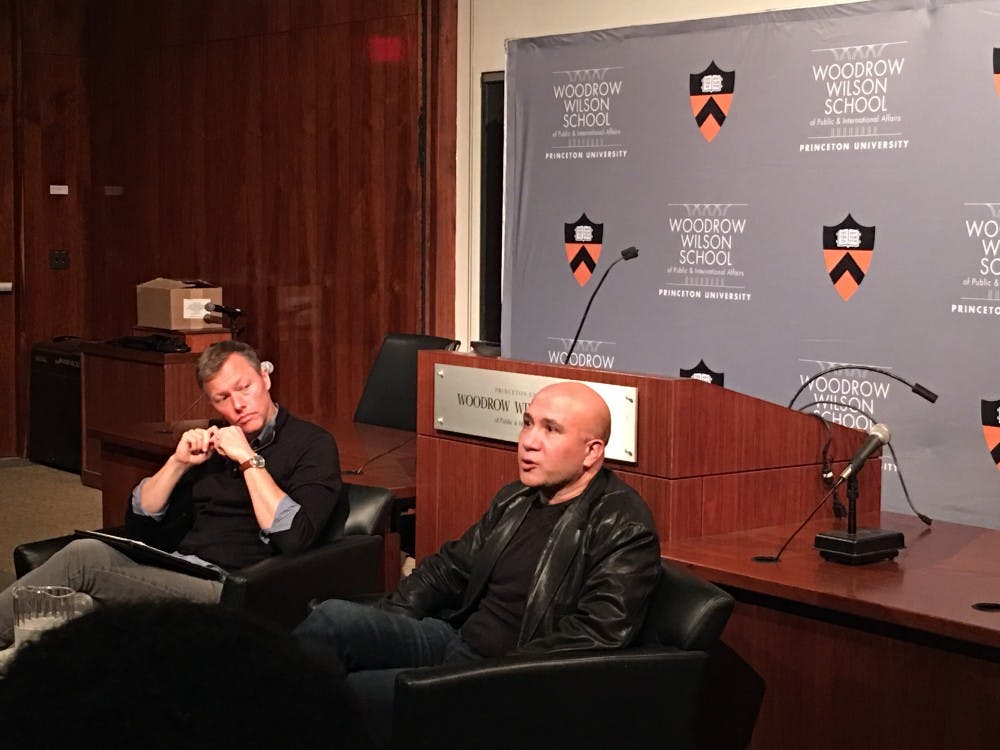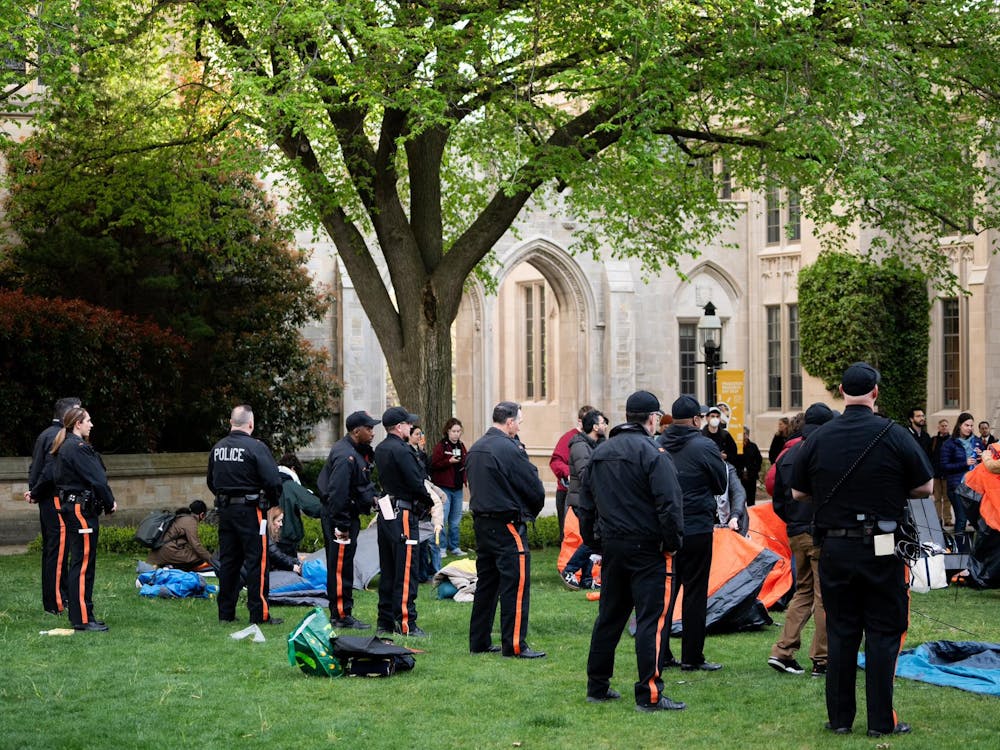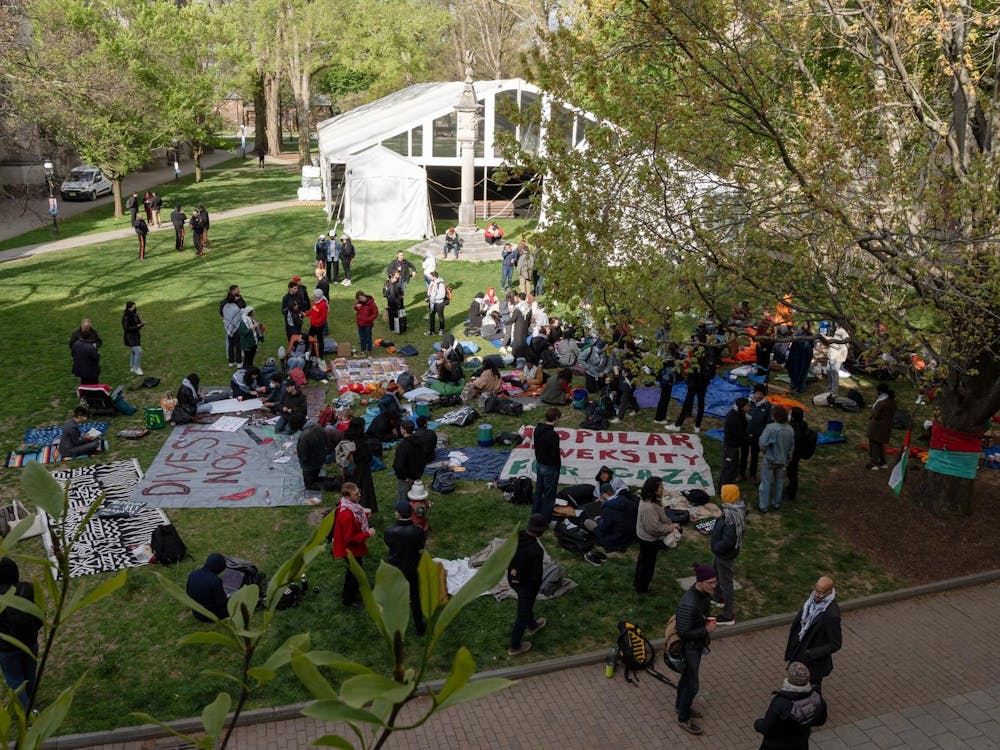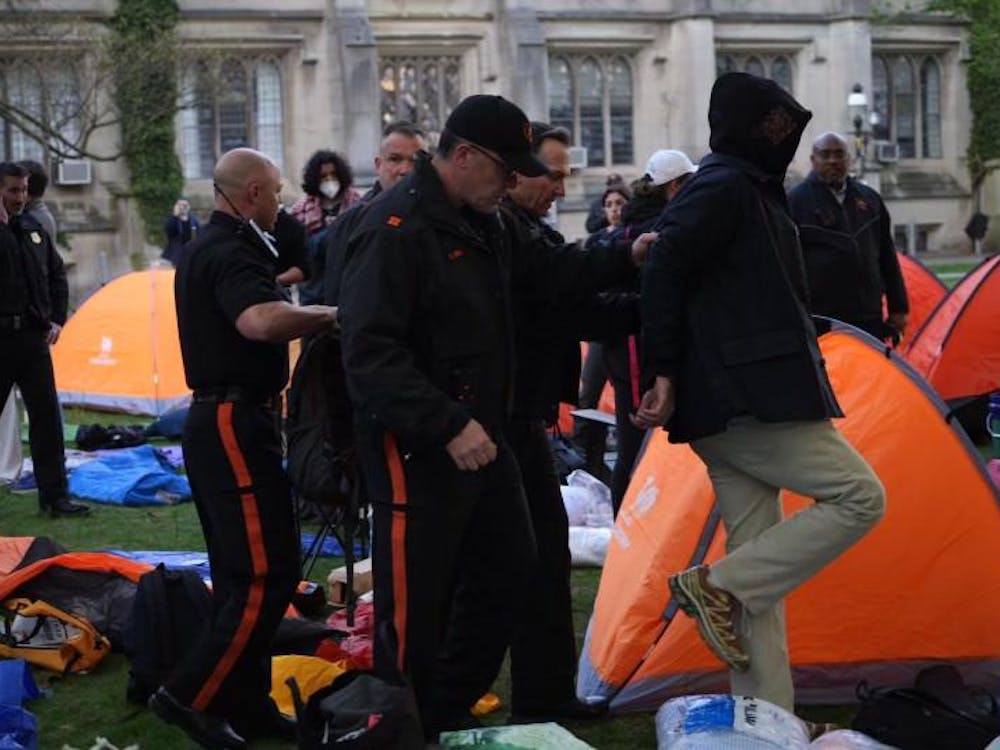On Monday, Oct. 15, Guggenheim Fellow Bruce Western of Columbia University and sociology professor Matthew Desmond of Princeton spoke about taking a humanistic approach toward studying incarcerated populations.
For his newest book, “Homeward: Life in the Year after Prison,” Western frequently visited prisons and conducted over 100 interviews with formerly incarcerated persons released from the Massachusetts state prison system, rather than relying more on data analysis as he had done in the past.
“The kinds of data analysis I was doing, which often reduced people to their age, their sex, their race, and their level of schooling … were not capturing the richness of people’s lives,” Western said.
Desmond agreed with this focus on the human aspect in sociology research.
“I feel like you have to write honestly about people’s lives,” Desmond explained.
Western also described how the presence of violence and other harmful factors in early childhood are common characteristics in the lives of people who end up incarcerated. He encouraged the audience to view criminal violence as a product of a person’s life conditions, especially in childhood.
“Violence attaches to context rather than individual dispositions,” Western said.
During a question-and-answer section after the lecture, Western encouraged students to join service organizations and advocacy groups which address the issue. He also spoke about The Square One Project, which he is currently working on, and its efforts in criminal justice reform. The project seeks to address issues including educational inequality and poverty which, according to Western, contribute to failures in the U.S. criminal justice system.
In response to one audience question about why the Trenton education system and community are not doing enough to keep children in schools and away from the criminal justice system, Desmond highlighted the role of educational inequality in changing the outcomes for young people.
“We need to stop funding schools just through property taxes so there’s a rich kids’ school and a poor kids’ school,” Desmond said. “That’s an insane thing we do in the United States of America.”
Western also emphasized the role of law enforcement and communities in this process, explaining that police in upper-middle-class communities exert effort to keep young people out of the system, instead of placing them in it.
Remy Reya ’21, who intends to major in the Wilson School, attended the event.

“From this conversation it’s very clear that it goes a long way in terms of bridging the gap, like Bruce Western said, between the data and the humans behind it,” Reya said, “and I really feel like it’s incumbent upon all of us as not only members of a really elite institution but also members of society to go out of our way to bridge that gap.”
Amanda Eisenhour ’21, an active member of Students for Prison Education and Reform, was also in attendance and spoke about her appreciation for Western’s emphasis on “approaching violence as a product of a social context.”
“It’s so easy to individualize the problems and carry those blames and carry that stigma against somebody rather than acknowledging what environment that’s a product of,” she said.
The lecture was held at 4:30 p.m. in Robertson Hall.









